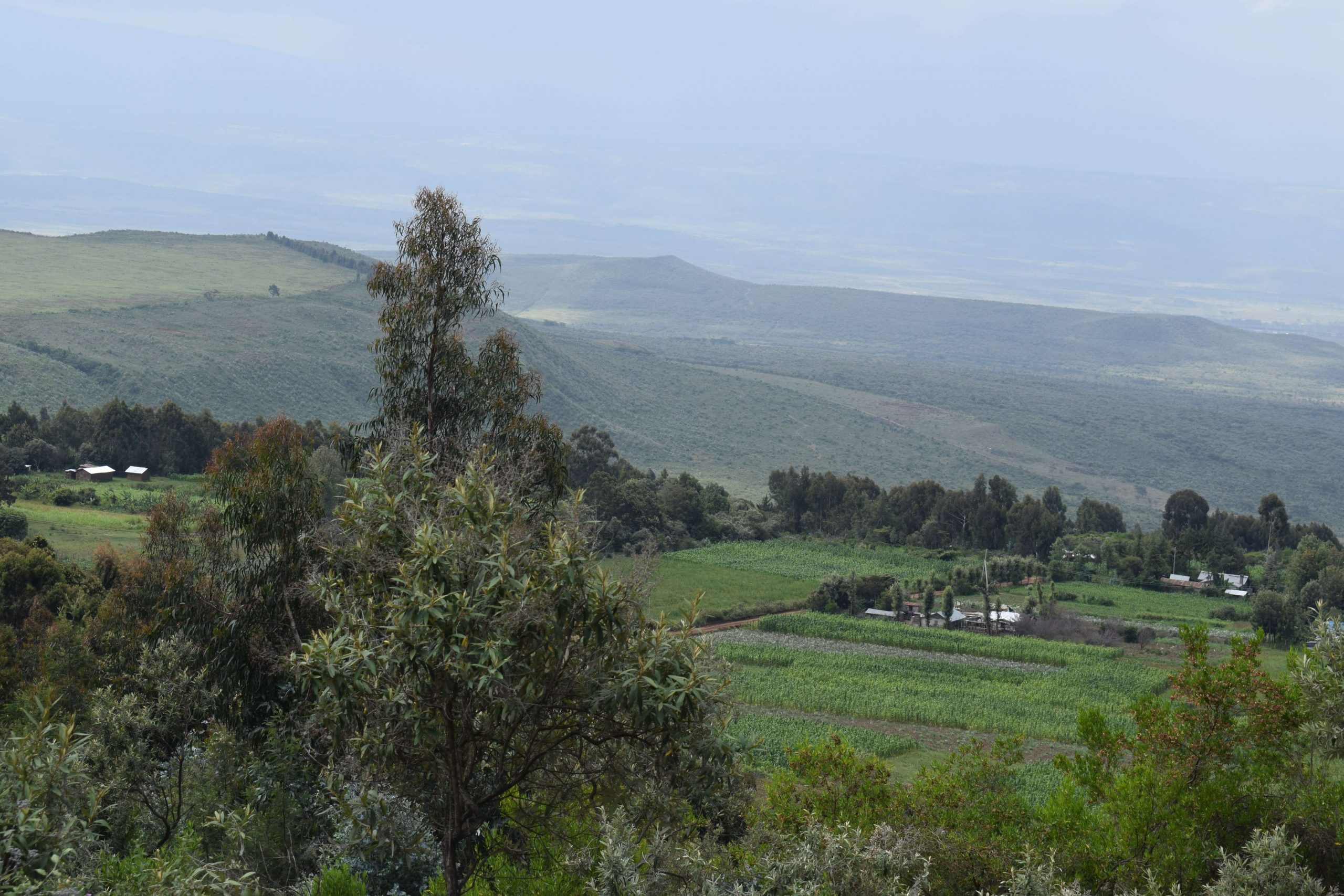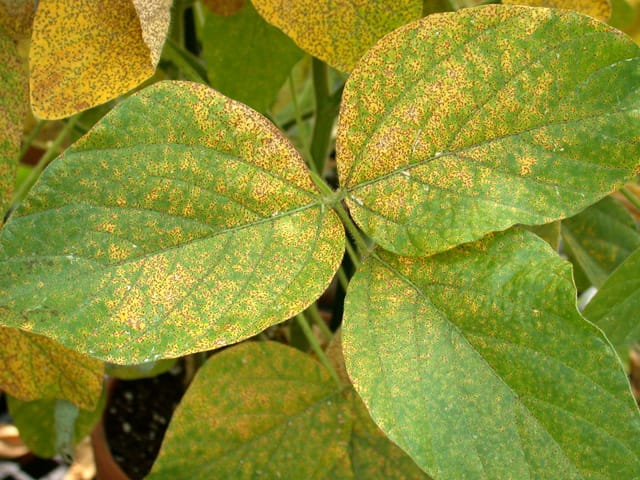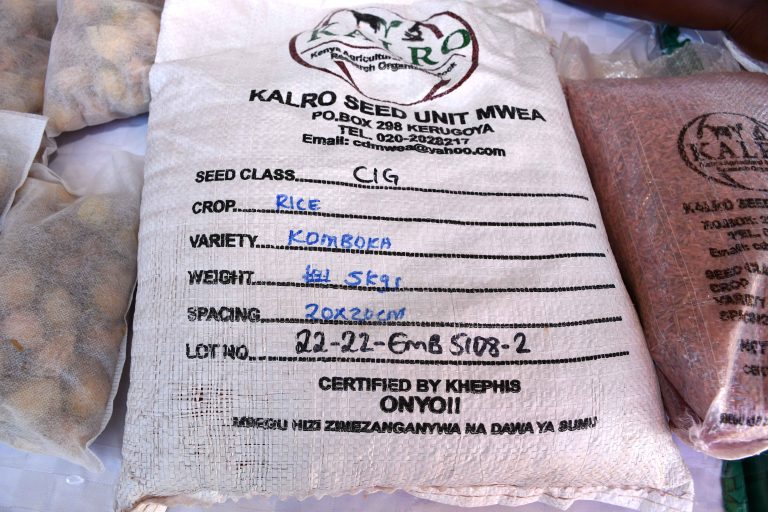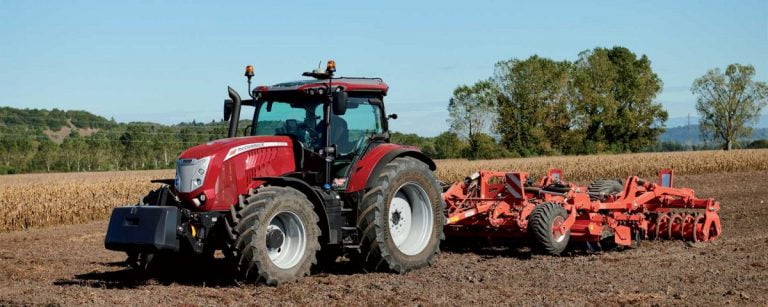By Janet Nyamusi
Agriculture is important in a country as it plays a strategic role in the process of economic development of a country through various ways which includes:
- Providing food and raw material to non-Agricultural sectors of the economy
- Creating demand for goods developed in non-Agricultural sector
- Providing income to the rural people
- Creating employment
- Earning valuable forex

Climate change is simply change in weather pattern and soil quality as a result of global warming. Global warming is simply the rise in the average temperature on earth. Natural and man-made factors are responsible for climate change.
Natural factors include:
- Rotation of the sun which changes the intensity of the sunlight
- Greenhouse gases which trap heat in the atmosphere and prevent it from escaping from the surface of the earth. Methane is worst by 20 times
- Volcanic eruption releases carbon dioxide (CO2) and ash
Man-made factors include bush burning, wood burning, composition of solid wastes, industrial fumes, deforestation etc… These activities increase greenhouse gases (GHGs) in the atmosphere which trap the heat and warm up the earth’s temperature
Environment, Climate change and Agriculture:
This is presented in three-fold;
- Agriculture as a contributor to environmental degradation and climate change
- Impacts of climate change on agriculture
- Agriculture as a potential moderator of climate change
In a way, agriculture contributes to environmental degradation and climate change.
Agriculture as a contributor to environment degradation
- Land degradation: Deficiency of soil nutrients due to intensive cultivation, imbalance in soil nutrients particularly the deficiency of micro- nutrients, Decline in the organic matter in the soil, decline in underground water, overgrazing etc.
- Deforestation: for wood, forest fires
- Biodiversity: Extinction of some animal and plant species
- Disposal of Industrial & Agricultural Wastes: The use of by-products such as paddy straw and rice husks has not been made properly. The burning of such by-products creates increase in carbon dioxide and carbon-monoxide in the atmosphere resulting in respiratory problems for animals and human beings. There is need for recycling the agricultural wastes. Affluent water, smoke and un-degradable solid waste from industries and domestic uses has a negative impact on the environment.
- Pest Problem: With the shift in crop pattern, increase in area under irrigation and higher cropping intensity, the pest problem has become very severe.
Impacts of climate change on Agriculture
- Temperature as it affects plants, animals, pests, and water supplies. For example, temperature alterations directly affect crop growth rates, livestock performance and appetite, pest incidence, and water supplies in soil and reservoirs.
- Precipitation (form of water from the atmosphere ) as it alters, for example, the water directly available to crops, the drought-stress that crops are placed under, and the supply of forage for animals, animal production conditions, irrigation water supplies, aquaculture production conditions, and river flows supporting barge transport.
- Changes in atmospheric carbon dioxide (CO2) as it influences the growth of crop plants and weeds by altering one of the basic inputs for photosynthesis.
- Extreme events as they influence production conditions, destroy trees or crops, drown livestock, alter water supplies, and influence waterborne transport and ports.
- Sea level rise as it influences the suitability of ports and waterborne transport, floods producing lands, and may alter aquaculture production conditions.
- Climate-change-motivated greenhouse gas net-emissions reduction efforts as they would influence the desirability of production processes and the costs of inputs, plus add new opportunities.
Agriculture as a potential moderator of climate change
- Increasing carbon sequestration through land management
- Rotations with over crops, green manure
- Agroforestry
- Conservation tillage-could reduce global CO2 emissions by 5-15%
Organic farming but with limited benefits-enhance carbon storage in the soil
Some of the adaptation measures to climate change
- New varieties – drought and heat resistant
- New farm management practices
- Land restoration and land use changes
- More use of water harvesting techniques
- Implementing new or improving the existing irrigation systems (reducing water leakage, soil moisture conservation-mulching?)
- Agri-insurance
- Reducing on the use of fertilizers
- Use of the methane gas in generation of electricity
As climate change is here with us, the environment is getting degraded day by day. It is now upon us to ask what actions we need to take individually. Let’s save Agriculture to sustain ourselves
Janet Nyamusi is an Environmental Compliance, Climate Change, Sustainable Consumption and Production & Waste Management expert







